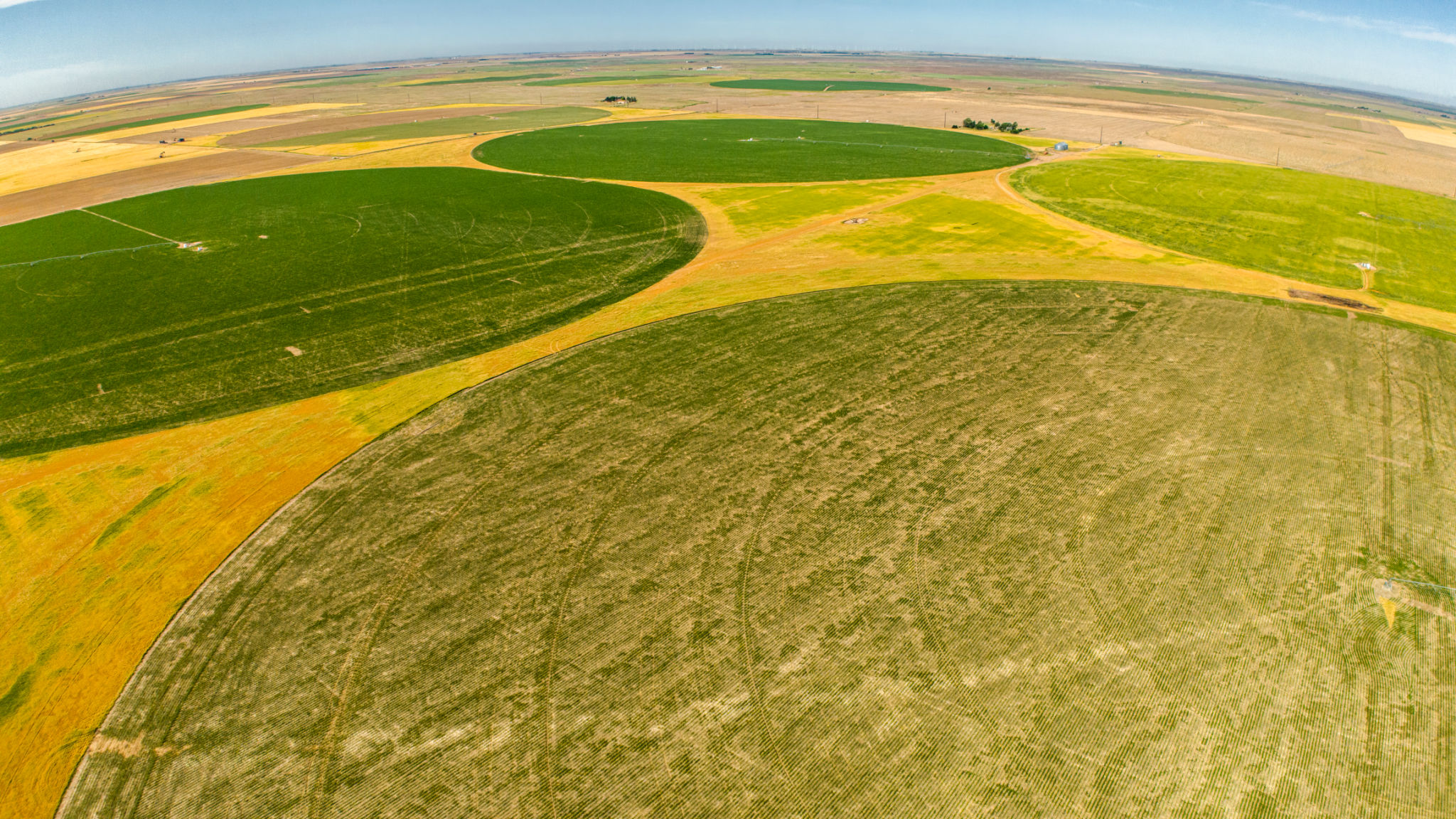How to Start a Sustainable Farm in Ocala: A Comprehensive Guide
Understanding the Basics of Sustainable Farming
Sustainable farming is more than just a trend—it's a commitment to maintaining the ecological balance and improving soil health while producing food. In Ocala, known for its rich agricultural heritage, starting a sustainable farm can be a rewarding endeavor. By focusing on practices that protect the environment, ensure animal welfare, and produce healthy crops, you contribute positively to the community and the planet.

Choosing the Right Location
Your farm's location is critical for its success. Ocala offers a variety of landscapes, from rolling hills to flatlands. Consider proximity to water sources, soil quality, and local climate conditions when selecting your site. It's essential to assess any potential environmental impacts and ensure your farm layout will support sustainable practices.
Soil Testing and Preparation
Before planting, conduct a thorough soil test to determine its nutrient composition and pH levels. This information will guide you in choosing the right crops and fertilizers. Incorporate organic matter to enhance soil fertility and use cover crops to prevent erosion and retain moisture.
Selecting Sustainable Crops and Practices
Opt for crops that are well-suited to Ocala's climate and require minimal chemical inputs. Native plants and heirloom varieties are excellent choices as they are more resilient to local pests and diseases. Implement crop rotation and intercropping techniques to maintain soil health and reduce pest infestations naturally.

Water Management Techniques
Effective water management is crucial in sustainable farming. Utilize rainwater harvesting systems and drip irrigation to conserve water resources. Additionally, planting drought-resistant crops can help mitigate the effects of dry spells common in Florida's climate.
Integrating Livestock Responsibly
Livestock can play a vital role in a sustainable farm by contributing manure for composting and aiding in land management. Ensure that your livestock practices align with animal welfare standards by providing adequate space, proper nutrition, and access to pasture.

Creating Biodiversity
A diverse ecosystem supports pest control, pollination, and soil health. Encourage biodiversity by planting various crops, creating wildlife habitats, and maintaining natural ecosystems around your farm. This approach not only benefits your farm's productivity but also enriches the local environment.
Utilizing Renewable Energy Sources
Transitioning to renewable energy sources such as solar panels or wind turbines can significantly reduce your farm's carbon footprint. Consider these options for powering irrigation systems, lighting, and other essential operations to enhance sustainability.
Incorporating these practices into your farm in Ocala not only supports the environment but also ensures your farm's long-term viability. By embracing sustainable farming, you contribute to a healthier planet while reaping the benefits of a thriving agricultural business.